Aims are to diversify Angola’s economy and achieve development goals
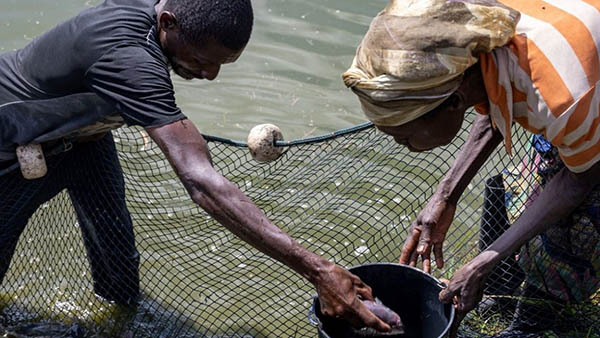
The United Nations Conference on Trade and Development (UNCTAD) is supporting Angola to grow its fisheries and aquaculture sector through its EU-UNCTAD Joint Programme for Angola: Train for Trade II.
Angola boasts a vast coastline, ample labor in the fisheries sector and good trading relations with major fish importers in Europe and Asia. With the fish traded globally expected to rise from 187 million tons in 2018 to 250 million tons by 2030, Angola stands to benefit from this opportunity.
However, Angola overly depends on crude oil, which represents 93 percent of its exports. Low productivity and meager opportunities in other economic sectors have left a third of the population below the poverty line. Fluctuating oil prices underscore the need to diversify the country’s economy and exports.
“The fisheries and aquaculture sector can help Angola diversify its economy and move closer to achieving its development goals,” said Paul Akiwumi, director of UNCTAD’s division for Africa and least developed countries.
Akiwumi said Angola can create more jobs, trade opportunities, boost food security, improve livelihoods and reduce poverty by tapping more into the blue economy – the sustainable use of ocean resources for economic growth.
With European Union funding, UNCTAD has so far trained 2,700 government officials, private sector, academia and civil society stakeholders on how to address the constraints facing Angola’s fisheries and aquaculture sector.
For example, Angola needs to assess fish stocks to get the data needed to effectively control fishing activities and establish total allowable catch, which helps to ensure sustainability. Enterprises and fishers need to learn modern fisheries techniques and sharpen their entrepreneurial skills. Fisheries must also meet both national and international safety and quality requirements.
Jorge Quituta, director general of Jorana, a fisheries firm in Angola, said capacity-building will enable the private sector to contribute more to the country’s Blue Economy. He said the sector’s role is currently “very weak”, noting that stakeholders need better guidance, technical and scientific knowledge and practical skills.
“UNCTAD’s support in this regard has been indispensable, and we hope to receive more assistance in the future,” Quituta said.
Follow the Advocate on Twitter @GSA_Advocate
Now that you've reached the end of the article ...
… please consider supporting GSA’s mission to advance responsible seafood practices through education, advocacy and third-party assurances. The Advocate aims to document the evolution of responsible seafood practices and share the expansive knowledge of our vast network of contributors.
By becoming a Global Seafood Alliance member, you’re ensuring that all of the pre-competitive work we do through member benefits, resources and events can continue. Individual membership costs just $50 a year.
Not a GSA member? Join us.
Author
Tagged With
Related Posts
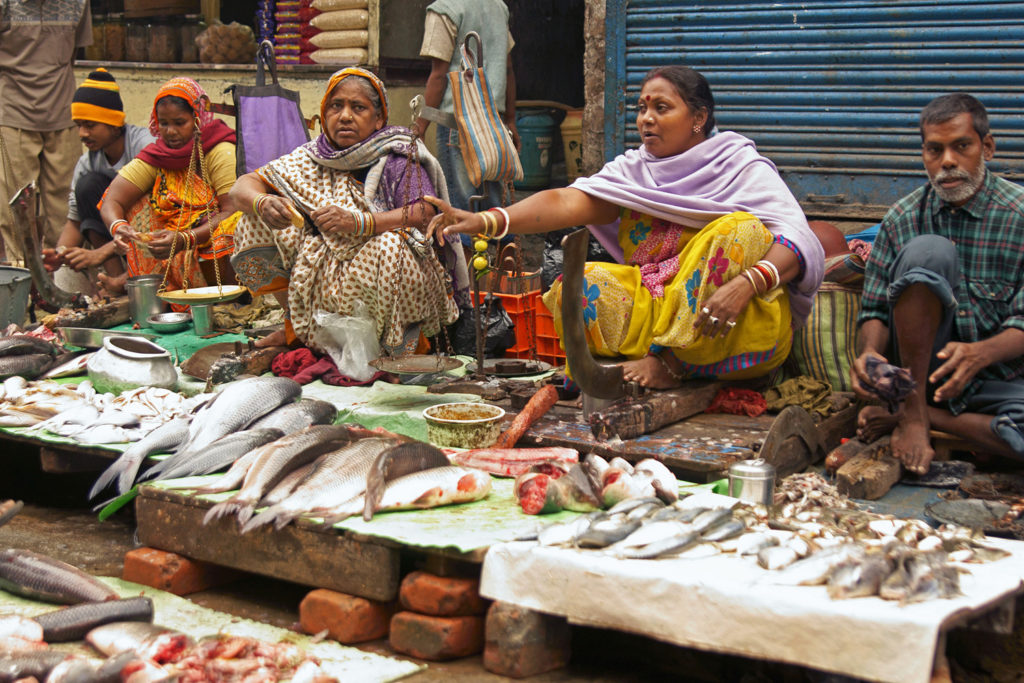
Responsibility
For global nutrition needs, aquatic foods remain overlooked
Aquatic foods can help to deliver resilient global food systems and to support critical periods of human development, a new UN paper determines.
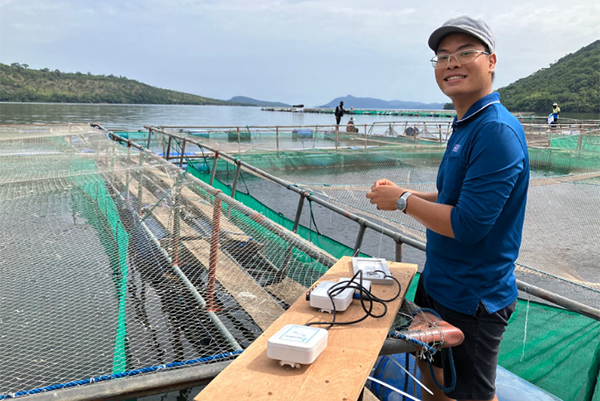
Intelligence
Startup uses data analytics and machine learning technology to boost tilapia health in Ghana
The initiative leverages data analytics and machine learning to correlate and anticipate tilapia health and growth with environmental data.
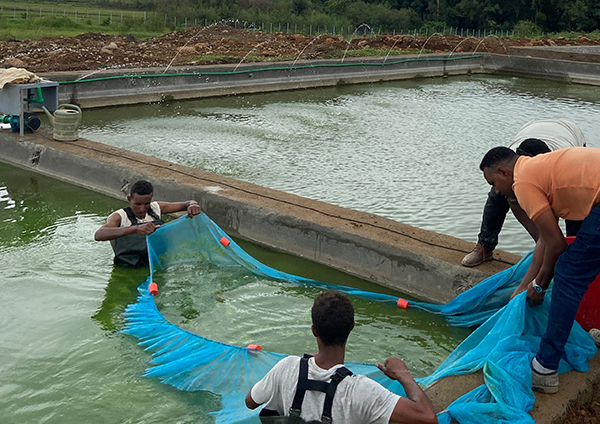
Innovation & Investment
Bill and Melinda Gates Foundation partners on sustainable aquaculture projects in Africa and Asia
FUTUREFISH is partnering with the Bill and Melinda Gates Foundation on sustainable aquaculture projects in sub-Saharan Africa and South Asia.
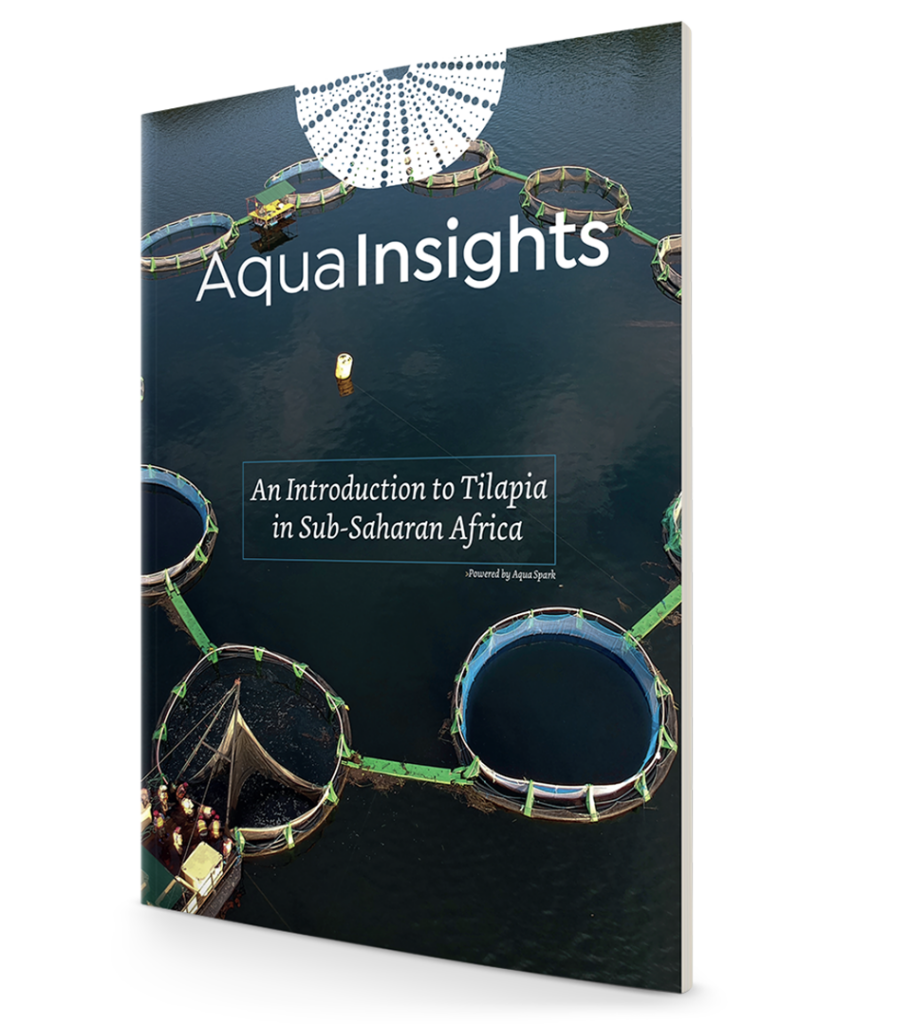
Innovation & Investment
Aqua-Spark report: Tilapia aquaculture key to food security across sub-Saharan Africa
A new Aqua Insights Report from Aqua-Spark finds that tilapia aquaculture is key to food security across sub-Saharan Africa.



